Humans
Sign up for our newsletter
We summarize the week's scientific breakthroughs every Thursday.
-
 Health & Medicine
Health & MedicineThe man flu struggle might be real, says one researcher
A researcher reviews the evidence for gender bias among flu viruses in the BMJ’s lighthearted holiday edition.
-
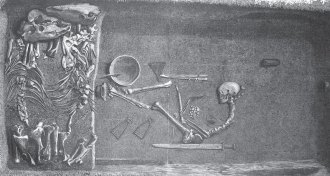 Physics
PhysicsThese 2017 discoveries could be big news, if they turn out to be true
Some findings reported in 2017 are potentially big news, if they hold up to additional scientific scrutiny.
-
 Health & Medicine
Health & MedicineU.S. life expectancy drops for the second year in a row
Life expectancy for the U.S. population decreased in 2016, the second year in a row this measure has dropped.
-
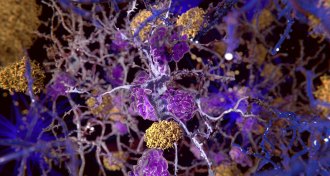 Neuroscience
NeuroscienceSpecks in the brain attract Alzheimer’s plaque-forming protein
Globs of an inflammatory protein can spur the formation of amyloid-beta clumps, a study in mice shows.
-
 Health & Medicine
Health & MedicineGay, lesbian and bisexual high schoolers report ‘tragically high’ suicide risk
Teens who identify as sexual minorities are more likely to report suicidal behaviors than their heterosexual peers, a new study finds.
-
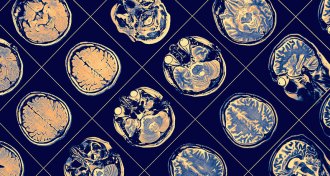 Neuroscience
NeuroscienceEven brain images can be biased
Brain scan studies that are drawn from rich and well-educated groups could lead to biased ideas of how our brains develop.
-
 Health & Medicine
Health & MedicineAn abundance of toys can curb kids’ creativity and focus
Too many toys may lead to more shallow play for toddlers, a new study suggests.
-
 Health & Medicine
Health & MedicineFracking linked to low birth weight in Pennsylvania babies
Babies born to moms living within one kilometer of a hydraulic fracturing site were more likely to be born underweight, researchers say.
-
 Humans
HumansThe story of humans’ origins got a revision in 2017
Human evolution may have involved the gradual assembly of scattered skeletal traits, fossils of Homo naledi and other species show.
By Bruce Bower -
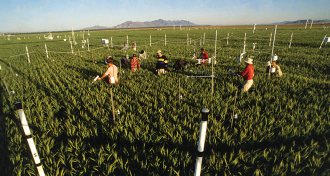 Health & Medicine
Health & MedicineWorries grow that climate change will quietly steal nutrients from major food crops
Studies show that rice, wheat and other staples could lose proteins and minerals, putting more people at risk of hunger worldwide.
By Susan Milius -
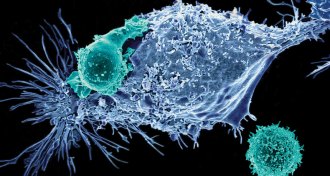 Health & Medicine
Health & MedicineApproval of gene therapies for two blood cancers led to an ‘explosion of interest’ in 2017
The first gene therapies approved in the United States are treating patients with certain types of leukemia and lymphoma.
-
 Neuroscience
NeuroscienceBrains of former football players showed how common traumatic brain injuries might be
Examinations of NFL players’ postmortem brains turned up chronic traumatic encephalopathy in 99 percent of samples in large dataset.